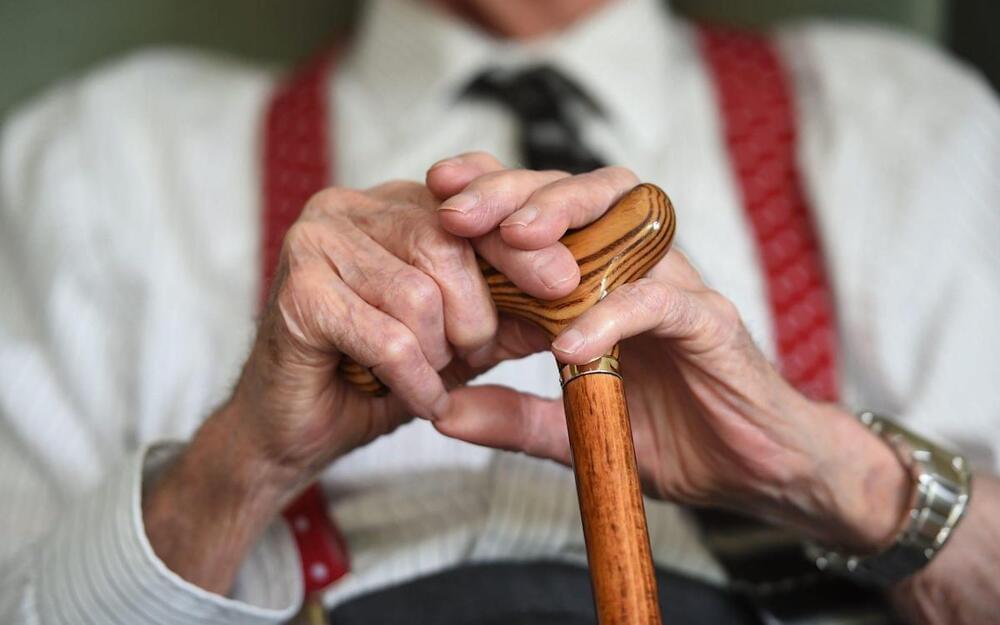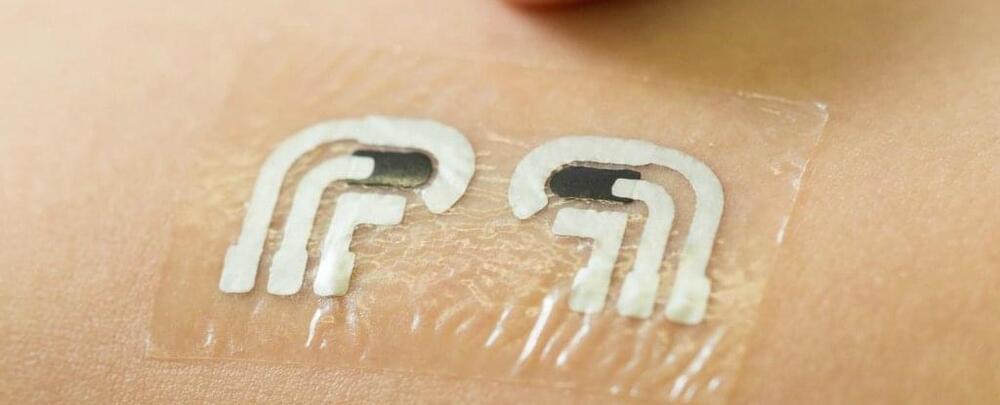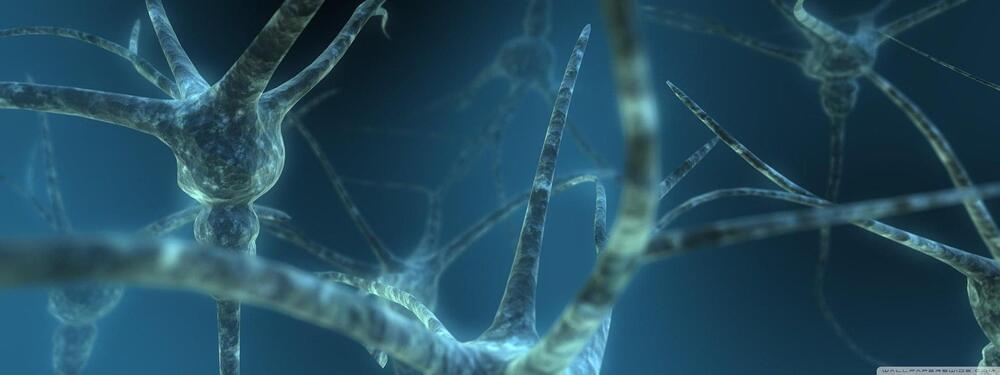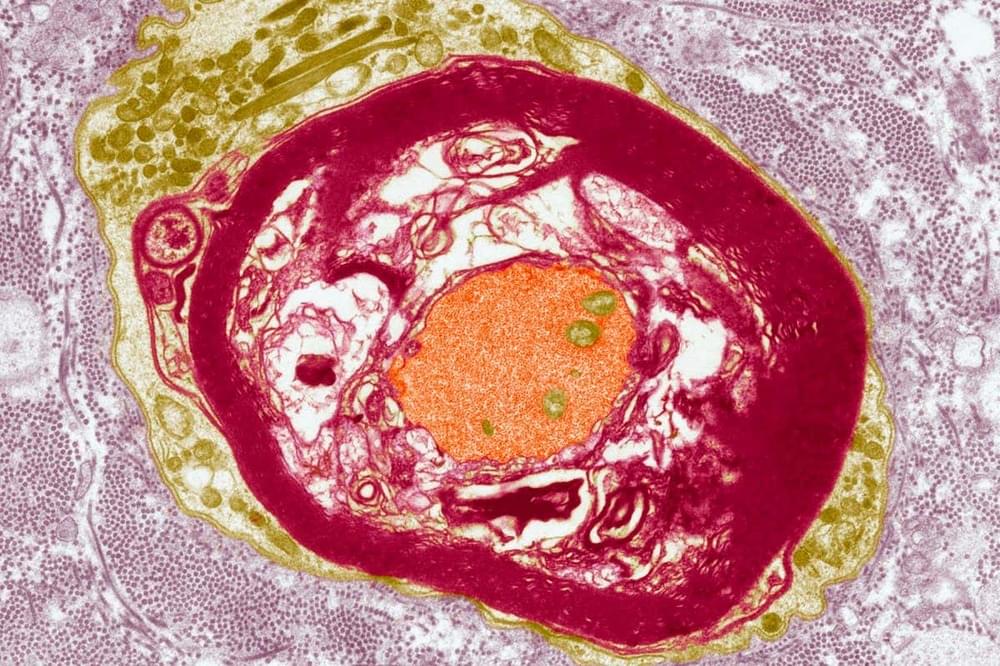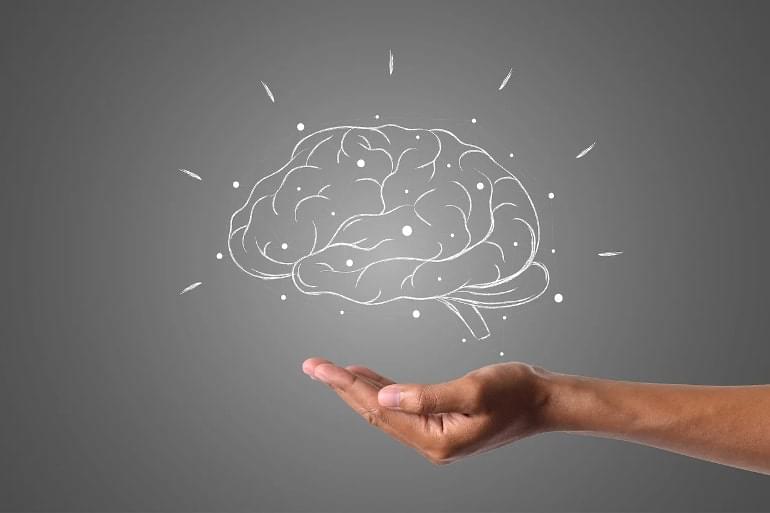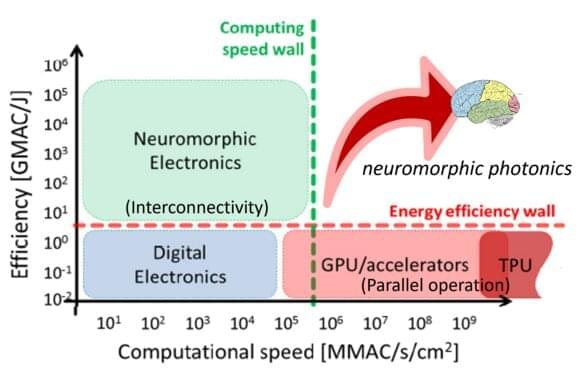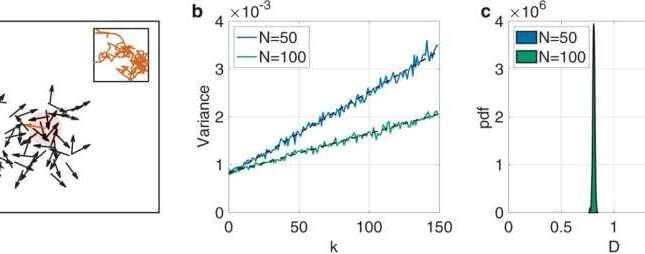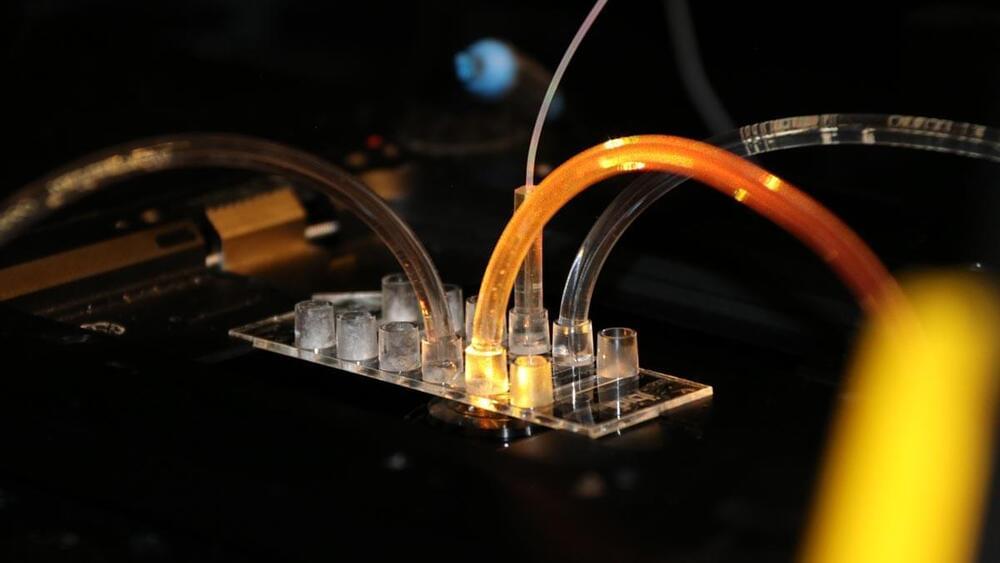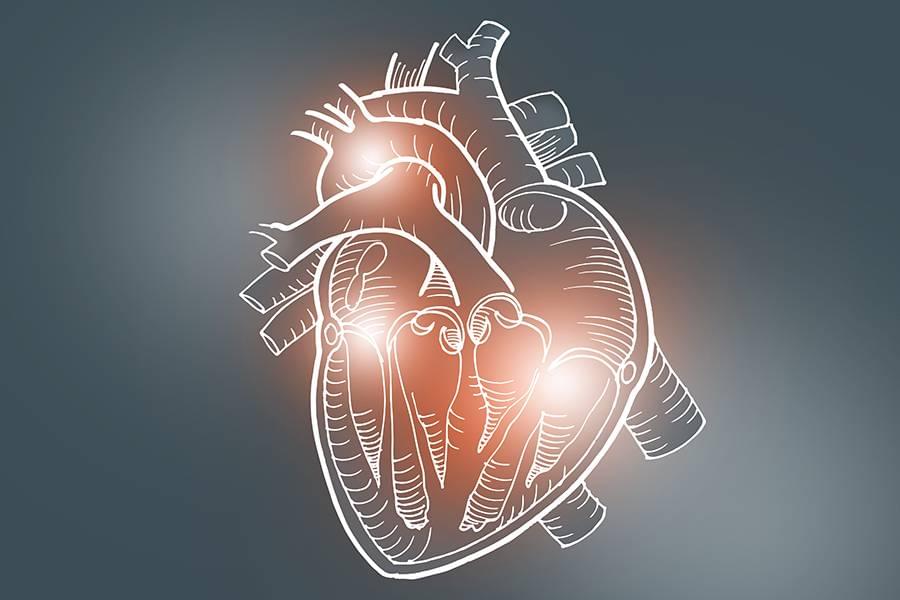Very good news, if unsurprising.
We already have multiple viable avenues of reducing — or eliminating altogether — this particularly pernicious form of remorseless biological entropy.
So good news… UNLESS you’re one of those people who think death is what MAKES life somehow MEANINGFUL, or that living for thousands of years or more would be BORING.
I — incase you haven’t noticed — am NOT one of those people! 😉👈
The mystery of why humans die at around 80, while other mammals live far shorter or longer lives, may finally have been solved by scientists.
Humans and animals die after amassing a similar number of genetic mutations, researchers have found, suggesting the speed of DNA errors is critical in determining the lifespan of a species.
